String is immutable* but this only means you cannot change it using its public API.
What you are doing here is circumventing the normal API, using reflection. The same way, you can change the values of enums, change the lookup table used in Integer autoboxing etc.
Now, the reason s1 and s2 change value, is that they both refer to the same interned string. The compiler does this (as mentioned by other answers).
The reason s3 does not was actually a bit surprising to me, as I thought it would share the value array (it did in earlier version of Java, before Java 7u6). However, looking at the source code of String, we can see that the value character array for a substring is actually copied (using Arrays.copyOfRange(..)). This is why it goes unchanged.
You can install a SecurityManager, to avoid malicious code to do such things. But keep in mind that some libraries depend on using these kind of reflection tricks (typically ORM tools, AOP libraries etc).
*) I initially wrote that Strings aren't really immutable, just "effective immutable". This might be misleading in the current implementation of String, where the value array is indeed marked private final. It's still worth noting, though, that there is no way to declare an array in Java as immutable, so care must be taken not to expose it outside its class, even with the proper access modifiers.
As this topic seems overwhelmingly popular, here's some suggested further reading: Heinz Kabutz's Reflection Madness talk from JavaZone 2009, which covers a lot of the issues in the OP, along with other reflection... well... madness.
It covers why this is sometimes useful. And why, most of the time, you should avoid it. :-)


